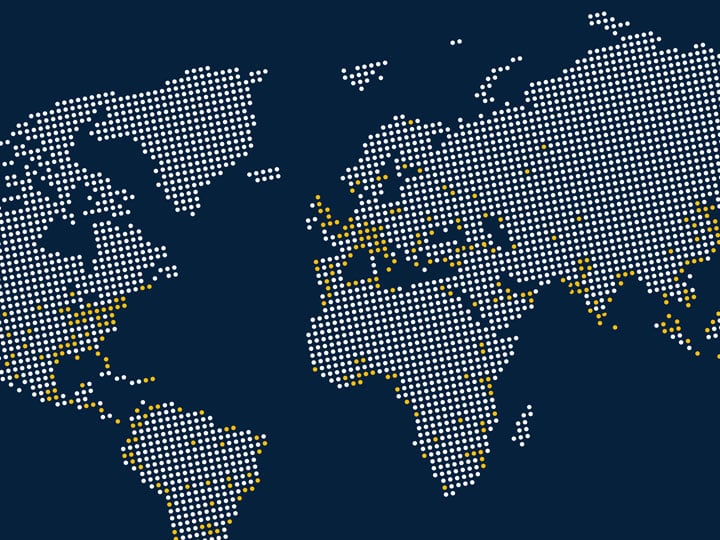Compliance to Regional and International EMC Requirements for Lighting Products
EMC (Electromagnetic Compatibility) testing for lighting products is a process used to assess their performance and compliance with electromagnetic compatibility standards. It ensures that lighting products, such as lamps, luminaires, or lighting control systems, do not generate excessive electromagnetic interference (EMI) or are not susceptible to interference from other devices.
EMC testing is crucial because lighting products contain electronic components, such as drivers, transformers, or control circuits, which can emit electromagnetic radiation. If not properly controlled, this radiation can interfere with the operation of other nearby electronic devices, such as radios, televisions, or communication systems.
The testing typically involves two main aspects:
- Emission Testing: This evaluates the amount of electromagnetic radiation emitted by the lighting product. The product is tested in an anechoic chamber or an environment with controlled conditions to measure its radiated and conducted emissions across a range of frequencies. The emissions should comply with the limits specified by relevant standards to ensure they do not interfere with other devices.
- Immunity Testing: This assesses the lighting product's resistance to electromagnetic interference. The product is subjected to various electromagnetic fields of known intensities and frequencies to determine if it continues to function correctly without being affected or malfunctioning. The testing aims to ensure the lighting product can withstand common electromagnetic disturbances present in typical environments.
Intertek's EMC Testing Solutions for Lighting Products
Electrically powered lighting products are often required to be tested for electromagnetic compatibility (EMC) per regional and international requirement, and at Intertek we can help you show compliance. EMC testing demonstrates that your lighting product’s electronic emissions will not affect the normal operation of, nor be affected by, other products within the same environment. Through Intertek’s global network of state-of-the-art EMC testing facilities, our experts perform EMC compliance testing and pre-scans, and are able to provide assistance with troubleshooting product non-compliance.
- FCC Part 15 and FCC Part 18 for the United States
- EMC Directive or applicable EN standards for the European Union
- Industry Canada (IC) or Standards Council of Canada (SCC) guidelines
- Japanese Voluntary Control Council for Interference (VCCI) requirements
By undergoing EMC testing, lighting product manufacturers can verify that their products meet the necessary electromagnetic compatibility requirements, ensuring reliable performance and preventing potential interference issues in real-world applications.
Knowledge Center
Considerations in Bringing a Germicidal Product to Market Webinar
Commercial Displays: Compliance to ANSI/UL 970 Fact Sheet
Lighting for Hazardous Locations Fact Sheet
Germicidal Lighting Fact Sheet
Horticultural Lighting Safety & Performance Criteria Fact Sheet
Product Listing & Marking Strategies White Paper
Mitigating Cyber Threats to Connected Lighting Products Webinar
Automotive Lighting: Photometric Concepts, Calibration, and Measurement White Paper
Class P Program for LED Light Engines Fact Sheet
ANSI/UL 8750: Overview and Tips for Manufacturers
Ingress Protection for Lighting Products IP vs. NEMA Ratings White Paper
California Energy Commission (CEC) Title 20 and Title 24 White Paper
Resources
- Global Lighting Standards
- Reese's Law – ANSI/UL 4200A-2023
- Sustainability Solutions for Lighting
- My Test Central
- Product Directories
- Certification Marks
- Global Market Access
- SatelliteTM Client Test Program
- Intertek Protek - The world’s first industry-agnostic, end-to-end health, safety and wellbeing assurance program

